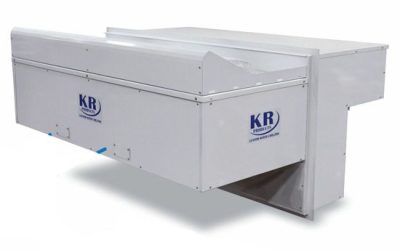Infection control surveillance (ICS) is a system designed to monitor the spread of infectious diseases within healthcare facilities. ICS helps healthcare providers identify outbreaks early and take action before they become widespread.
Infection control surveillance has proven effective at reducing hospital acquired infections. For example, in 2009, the Centers for Disease Control and Prevention reported that hospitals with ICS programs had fewer infections than those without them.
The NHSN® Infection Control Scorecard™ provides a comprehensive view of your current infection prevention practices and identifies areas where you can improve. The scorecard measures compliance with federal regulations and standards and includes reports on key indicators such as hand hygiene, isolation precautions, patient safety culture, and other infection prevention activities.
With the new NHSN® Infection Prevention Bundle™, best practices have been combined into a single easy-to-use tool. It covers all the basics – from hand hygiene to environmental cleaning – and offers a complete picture of how well you’re doing across multiple dimensions.
A report issued last month by the Centers for Medicare & Medicaid Services found that the rate of hospital-acquired conditions increased by 4 percent over the past year — even though many hospitals have been making significant improvements in their infection prevention efforts.
Among the most common types of hospital-acquired infections were surgical site infections (up 10 percent), urinary tract infections (9 percent), pneumonia (7 percent) and central line-associated bloodstream infections (6 percent).
That same report also noted that only about half of U.S. acute care hospitals met or exceeded CMS’s national benchmark for preventing these infections.
As part of its role in ensuring quality care, the Agency for Healthcare Research and Quality launched the National Healthcare Safety Network (NHSN) in 2002. Since then, NHSN has helped more than 5 million patients stay safe while receiving health care.



